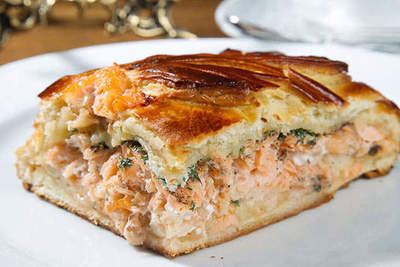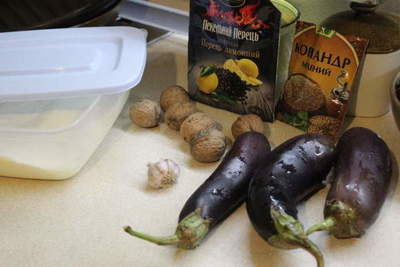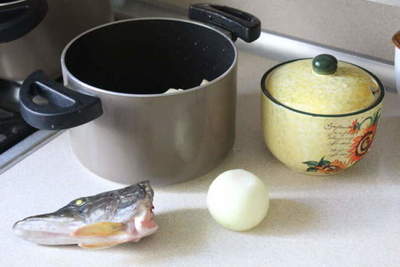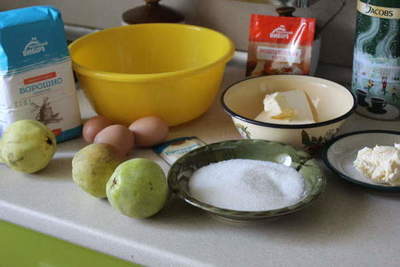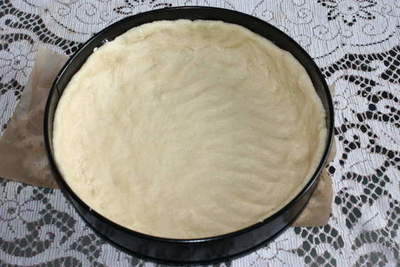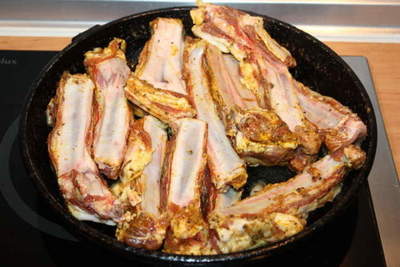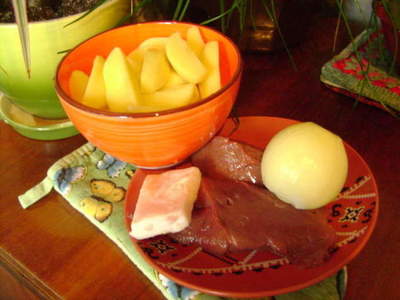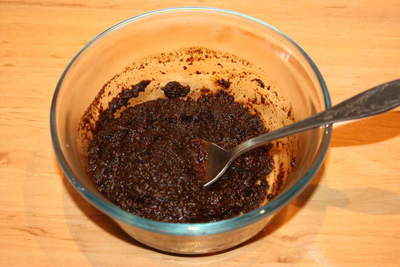Sunday - day forgiven - video recipes at home
Alphabet baking pancakes
Here and there was a Carnival, and the whole week
many of us will be pancakes.
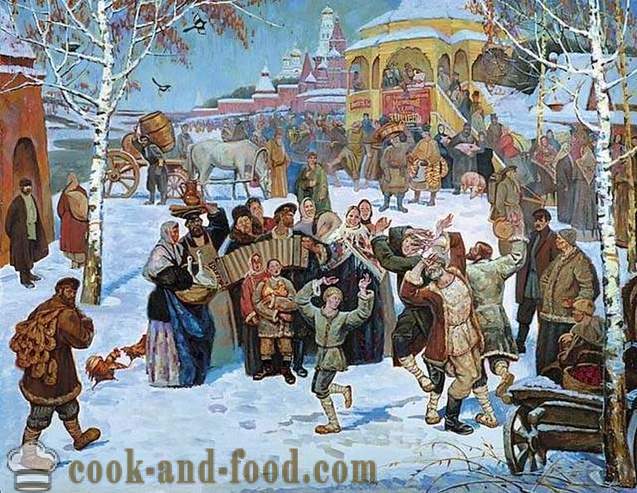
Tatiana Romanova
Read more
Ancient Slavic festival Maslenitsa has long lost its former pagan overtones, and his conduct was in Russia a favorite spring tradition. According to popular belief, to accelerate the coming of spring, winter is necessary to accompany with honor and respect for the immutable rituals. Every day of Maslenitsa marked sonorous name and curious ceremonies, of which not even count.
Our ancestors praised Yarila has got attributes - the hero of the East Slavic mythology - the god of the sun and fertility, burned an effigy of Maslenitsa in farewell sign otzhitym and this past, indulged in noisy festivities and baked little sun - pancakes. Round, ruddy, tasty, they are so fond of in Russia, that to this day every woman is preparing them for the holiday. Although half the legacy feast will unfortunately lost.
Wonderfully interwoven with the tenets of orthodox holiday of Maslenitsa. After futile attempts to overcome the pre-Christian tradition, the church reconciled with the secular "whim". In the Orthodox calendar, the most "delicious" week of the year is called Cheese sedmits and Forgiveness Sunday falls on the day of farewell to winter. Insults and transgressions, as well as a straw man, embodying the harvest of death and winter, given over to decay and give rise to new life.
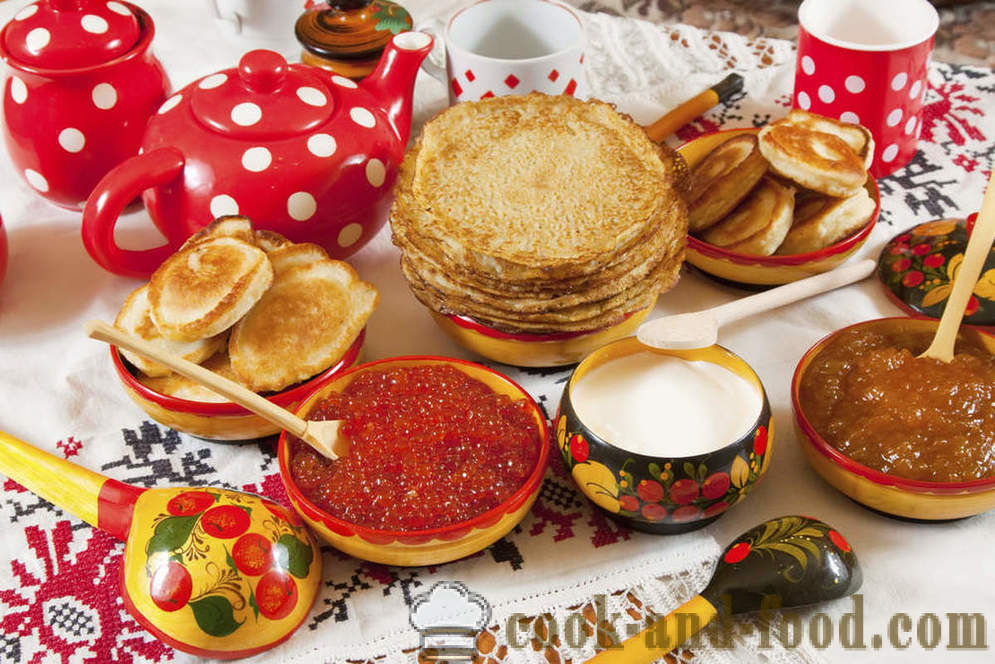
Forgiveness Sunday - the eve of Lent, a time taken to facilitate the heart, to ask forgiveness for sins and to let go of resentment. From time immemorial to this day we commemorate the dead relatives. Believers are brought to the graves of Shrovetide goodies - pancakes and cakes - three bowed, they asked not to be angry for the dead caused earthly afflictions.
In pre-revolutionary Russia, even the ruling king did not hesitate to ask for forgiveness from the citizens. With that, he went round the neighboring villages, visiting the patriarchs and met with the army.
Seven weeks before Easter in the church services are held, reading the Gospel and the biblical tradition of the expulsion of Adam and Eve from paradise. Priests and parishioners make the rank of forgiveness, whose history dates back to the ritual of the Egyptian monks. Before you go into the wilderness forty days spiritual abstinence, they asked each other absolution of guilt. Immediately after the evening worship orthodox family gathers around a big table and proceeds to Shrovetide - last hearty meal before the main Christian fasting. Forgiveness Sunday - not so much a religious as a moral practice. Today it comply and those who are far from religious beliefs. We rarely talk to each other "I'm sorry", still less heartily repent of wrongful deeds. Who doubts that caused the pain to forgive much more difficult than to apologize. If unable to release the heart from sorrow and painful to let go of the thoughts, attitudes, and life in general immediately go smoothly. So why not make it a rule, regardless of the date of the calendar, to admit mistakes and sincerely forgive? And the best - take care and appreciate each other throughout the year.
































